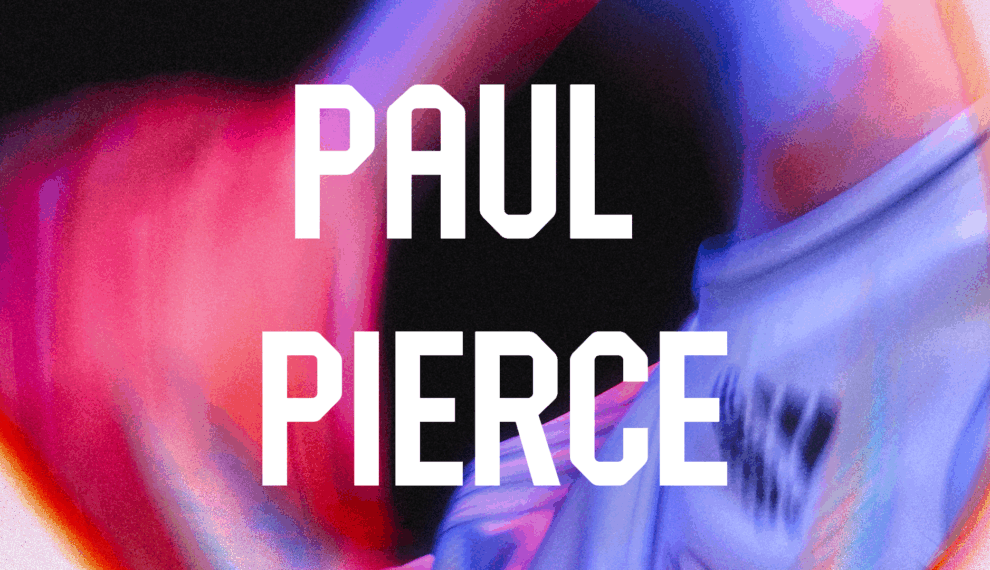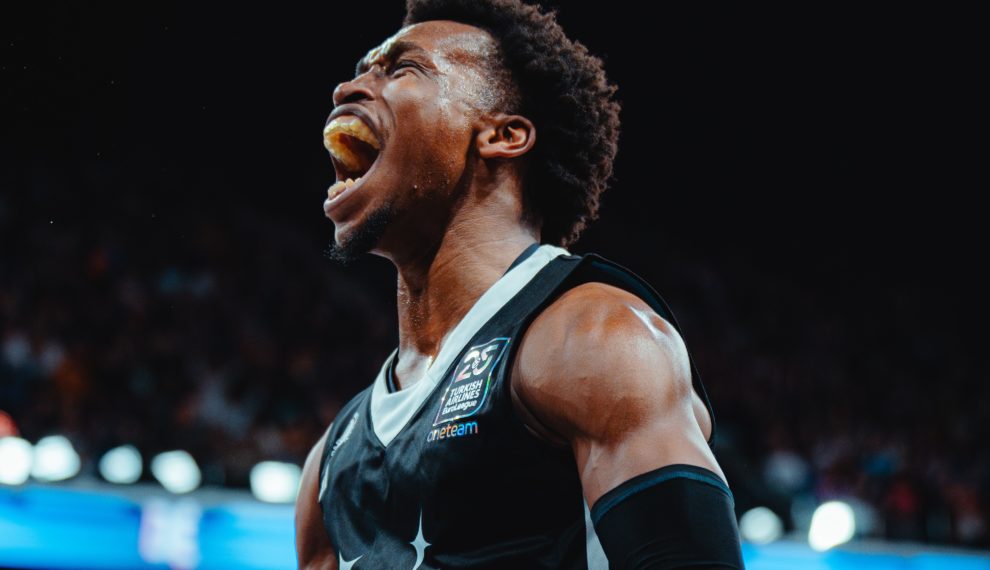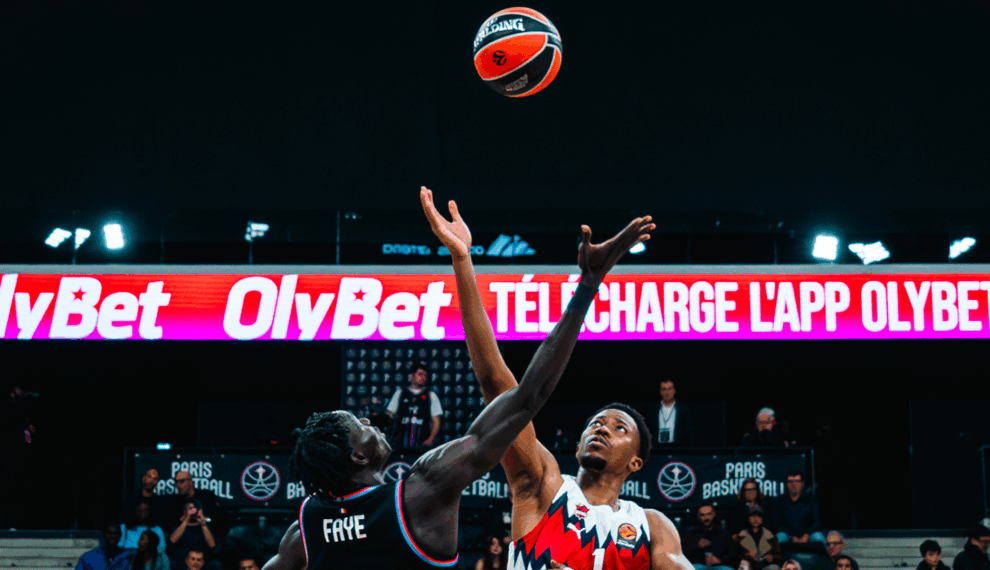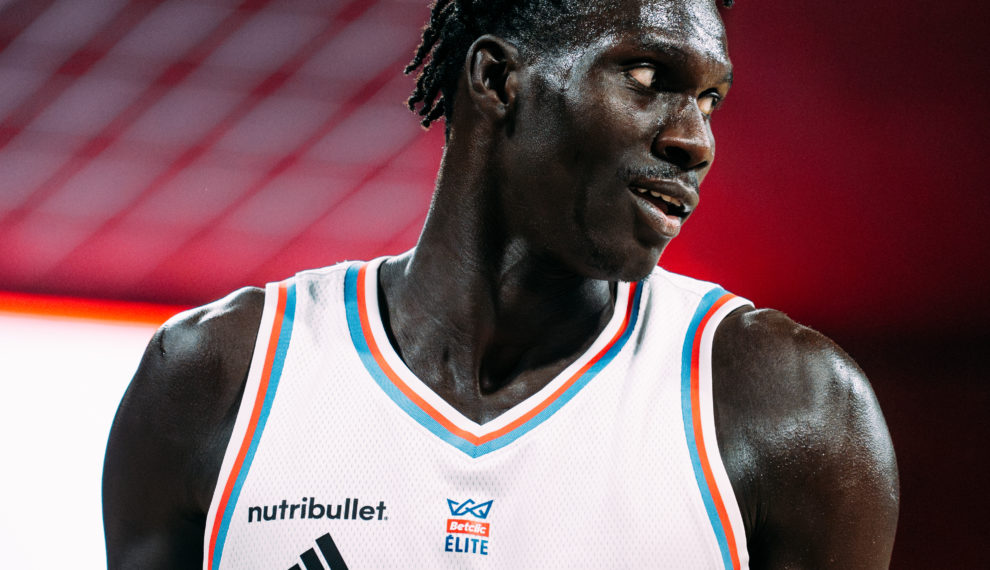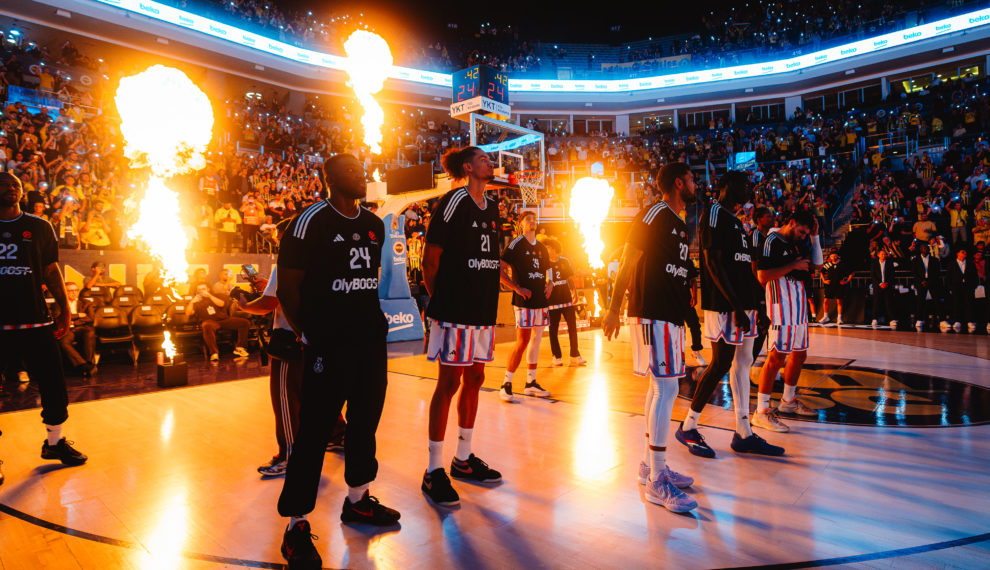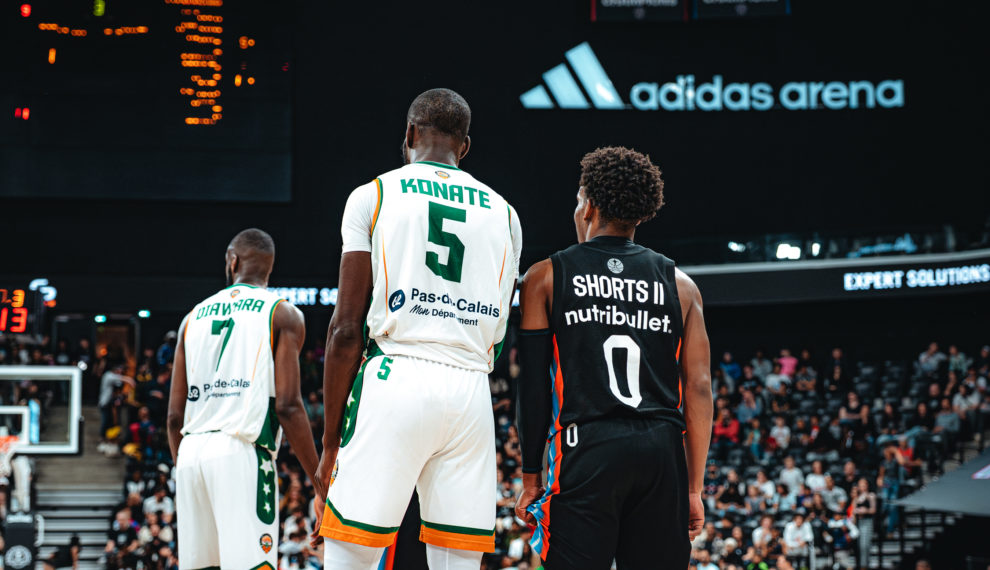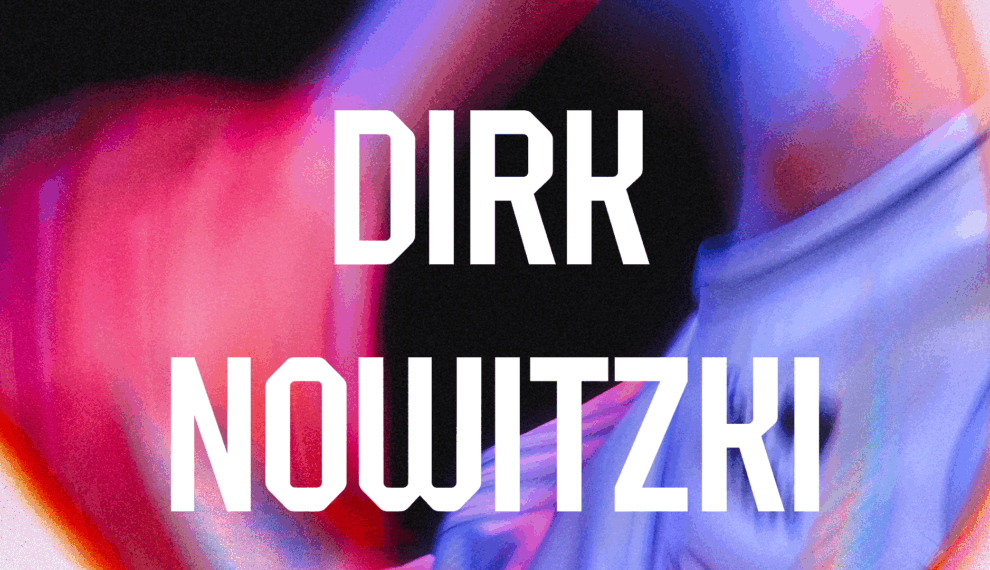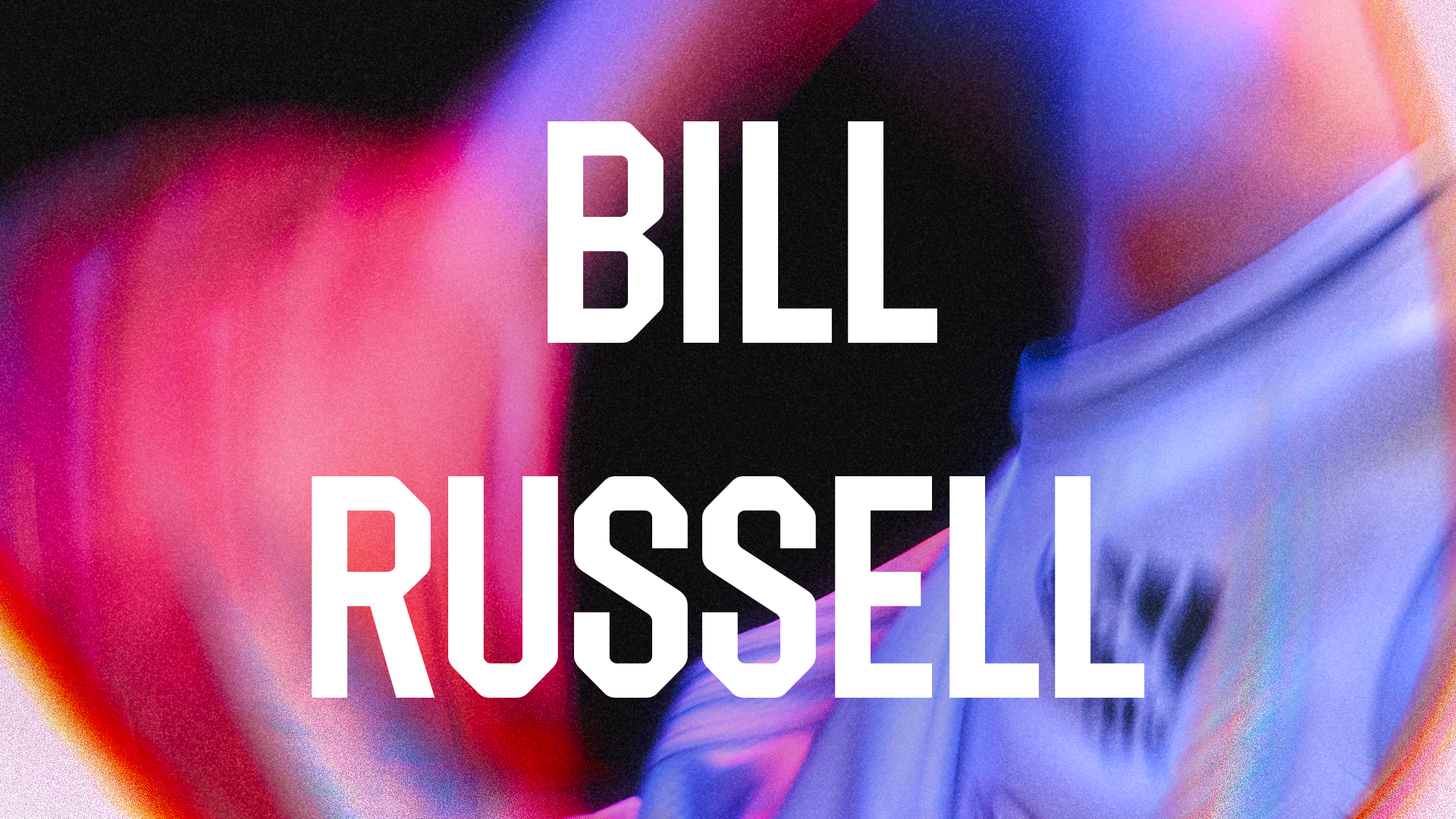
Bill Russell : The giant of defence and NBA titles
Early years marked by racial injustice
Bill Russell grew up in a world that did not want him. Born in Louisiana in 1934, he discovered the brutality of racism at an early age. His family left the South and moved to Oakland, California, hoping for a better life. It was there that Bill discovered basketball, albeit late in life, and without initially shining. But by his high school years, he had forged a unique style: defensive jumps, reading the game, aggression. The basis for a revolution.
The rise to university with the San Francisco Dons
Snubbed by the big universities, he joined USF. Despite needing to refine his fundamentals, he led the team to two NCAA titles in 1955 and 1956, racking up 55 consecutive victories. He imposed a new style of aerial defence: counter-jumping, lateral mobility, reading trajectories. His dominance was such that the NCAA changed several rules to rebalance the game. The width of the key was doubled from 6 to 12 feet to force centres like him to play further away from the basket. Another adjustment was the prohibition of touching the ball when it was on its way down towards the hoop, a rule now known as ‘offensive goaltending’. The tone was set: the game would have to adapt to Russell.
Arrival in the NBA and conquest of Boston
Drafted second overall by the St. Louis Hawks in 1956, Bill Russell was immediately traded to the Boston Celtics for Ed Macauley and Cliff Hagan. It was a bold move by Celtics coach Red Auerbach, who saw Russell as the missing link in building an unbeatable team. The NBA at the time was still very white and unwelcoming to black players, especially those with strong political views.
Russell did not simply respond to the discomfort with words: he commanded respect on the court. Despite his late arrival due to the Olympic Games in Melbourne (where he won gold with Team USA), he played 48 regular season games and already averaged 14.7 points and 19.6 rebounds. In his very first playoffs, he averaged 22.9 rebounds, peaking at 32 rebounds in a final game against the St. Louis Hawks.
The Celtics won their first title in the 1956-1957 season. That first ring would be followed by ten more. Russell didn’t just transform the defence: he transformed the culture of the club. He brought a winning mentality, high standards and a deterrent presence that unsettled the league’s best attackers. When he was on the court, passing lanes closed, shots were rushed and opponents doubted themselves. Bill Russell brought victory to Boston, put the Celtics on the world map and was the cornerstone of the NBA’s first ever dynasty.
The era of titles and rivalry with Chamberlain
From 1959 to 1966, it was a period of hegemony. Eleven titles in thirteen years. Opposite him was Wilt Chamberlain. Where Wilt dominated in numbers, Russell dominated the game. More than just statistics: pure intelligence, anticipation, teamwork. A five-time MVP, he embodied quiet efficiency.
Player-coach and legendary end to his career
In 1966, he became the first black coach in a major American league, while still playing. Two more titles, a position of total leadership. In 1969, he hung up his boots. A champion. An icon.
Post-career: between recognition and commitment
Russell refused tributes for a long time. He preferred action to celebration. But over time, the NBA made amends for its oversight: he received a presidential medal and his number 6 was retired throughout the league. A unique gesture. A reference for all time.
A unique playing style : defending, dominating, inspiring
Bill Russell was first and foremost a defensive genius. He jumped with perfect timing, read trajectories, blocked shots flawlessly and immediately restarted play. He wasn’t looking to show off: he was looking to recover, transition and get the ball right.
His second strength was rebounding. With a career average of 22.5 and a peak of 51 in a single game, he dominated the paint unchallenged. He took up space, anticipated trajectories and imposed his rhythm. He set the tempo of the game.
But Russell is also about collective intelligence. He organises the defence, covers the help, calls the switches, closes the passing lanes. He’s not just a centre: he’s the tactical heart of the team.
Few points, lots of presence. No unnecessary moves, everything for the win. His style isn’t spectacular, but it’s relentless. The kind of player who makes you win without you understanding how you lost. On the court, he respected his opponents but gave nothing away. Off the court, he campaigned for civil rights. Refusing to give an autograph? So as not to condone hypocrisy. Defending relentlessly? To defend much more than a basket: an identity.
Why Bill Russell left an indelible mark on the NBA
Bill Russell left a mark that no one has been able to erase. Not just because he won — but because he changed the game.
Eleven NBA titles. Five MVP trophies. Twelve All-Star selections. An Olympic gold medal. But beyond the numbers, it’s the way he did it. Every season, he made his team win. Not by scoring at will, but by preventing the other team from doing so. He redefined what it meant to dominate.
In 1966, he also became the first black coach of a professional franchise. And not just for show: he won two more titles as both player and coach. In the midst of the American civil rights movement. A revolution standing tall, in shorts and trainers.
Defensively, no one did better. Over 21,000 rebounds, games with 30, 40, sometimes 50 rebounds. One half with 37 rebounds. He didn’t play for the highlights, but for control.
Bill Russell’s key figures and achievements
Bill Russell’s key figures and achievements
- NBA titles : 11 (1957, 1959–1966, 1968–1969)
- Season MVP : 5 times
- All-Star Games : 12 selections
- Olympic gold medal : 1956
- Career rebounds : 21,620 (22.5 per game)
- Career points : 14,522 (15.1 per game)
- 50-rebound games: 1 (record shared with Chamberlain)
- Celtics coach: 2 titles as player-coach
- Number 6 retired throughout the NBA: only player to date
Bill Russell wasn’t just a player. He was a wall. A voice. A cause. A legend. The kind of guy who inspires you to get up earlier, play harder, think bigger. The kind of guy who stood up for an era. And pushed it back.
Read also
Latest items


